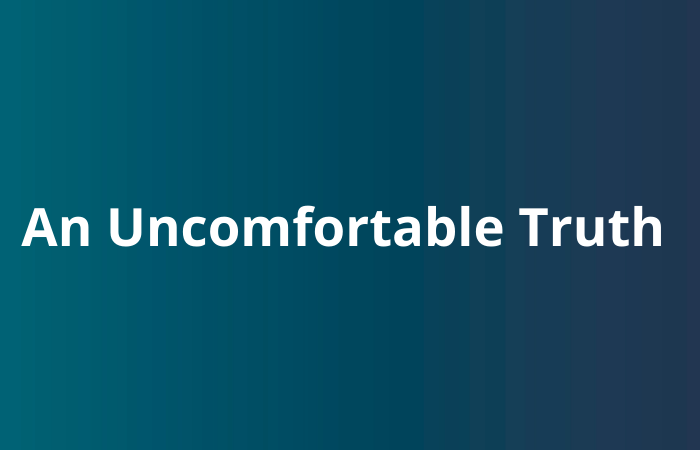
No one likes to talk about death, especially their own death. But that is exactly what I am going to do today. I am going to talk about the possibility of my own demise and what I would like my family to do when that happens.
The concept of dying was one I grasped at an early age. I was born in 1965 when people with Spina Bifida were not expected to survive to adulthood. It was not directly said to me as a child but it was always implied that I would not have long on this earth. Even when I reached the ripe old age of 22, there was a nursing school instructor who was lecturing about Spina Bifida and telling the class how the oldest living person with Spina Bifida that she knew of was 28. It did make an impression on me. I lived my life as if there was no tomorrow. I was and am grateful for every birthday.
The internet changed my perspective of my own mortality. I started to meet people with Spina Bifida who were my age and older. I read articles and saw that people with Spina Bifida were expected to live an average lifespan. I met a woman with Spina Bifida who had climbed Machu Picchu for her 75th birthday and had a trip planned for Antarctica on her 80th. At 51 years old I had thought we had beaten the odds given to me all those decades ago.
I was wrong. Slowly but surely, I started hearing about people in their 40’s and 50’s with Spina Bifida going to bed at night and never waking the next morning. And as my contact with the Spina Bifida community increased, I heard of more and more people who died suddenly and without warning. The frightening part is that we do not know why they died.
The nurse in me started to ask questions. And the most basic question is “What does the death certificate say?”. It was then that I learned the sad truth of how medicine and societal perceptions of Spina Bifida have not kept up with the changing demographics of our community. Most of the death certificates list Spina Bifida as the cause of death. In most cases an autopsy was not performed. The medical community and even our own families still expect us to die young and do not look for other answers when we do expire.
Spina Bifida is a birth defect with a myriad of medical issues associated with it but it is not what causes someone born with it to die. It’s possible, and likely, that one of any of the known medical issues associated with it can and does cause an unexpected death. Or it very well could be something that we haven’t even heard of yet causing these deaths. But we will never know the answer unless we do research to find out. That research starts with an accurate death certificate.
In response to this newly acquired knowledge and my questions, I did something fairly radical and very uncomfortable to myself and my family. I talked to them about my death. I didn’t discuss wills or final arrangements or any of those things that you talk about when death appears imminent. Instead we talked about what I would like them to do if I died suddenly, unexpectedly, and not explainable. I asked them, and myself to imagine the unimaginable. It wasn’t easy telling my parents, my significant other, and my adult kids that I wanted an autopsy to determine the cause of my death if one day I went to sleep and never woke again. It was a necessary conversation that had to take place when I think of all the bright lights in our community that have been lost forever without explanation. I cannot think of a better way for my death to be meaningful than if it helps find the answers to prevent the same thing happening to the generations behind me.
Putting aside your own fears, causing yourself and your family discomfort in order to benefit others is a lot to ask of you. But I am asking. So much has been done to improve the lives of people with Spina Bifida, this is a way that you can ensure that progress continues. Please consider talking to your family and friends about having an autopsy if the unthinkable should occur.
Thanks for your time,
Monica Albert Still, RN, BSN